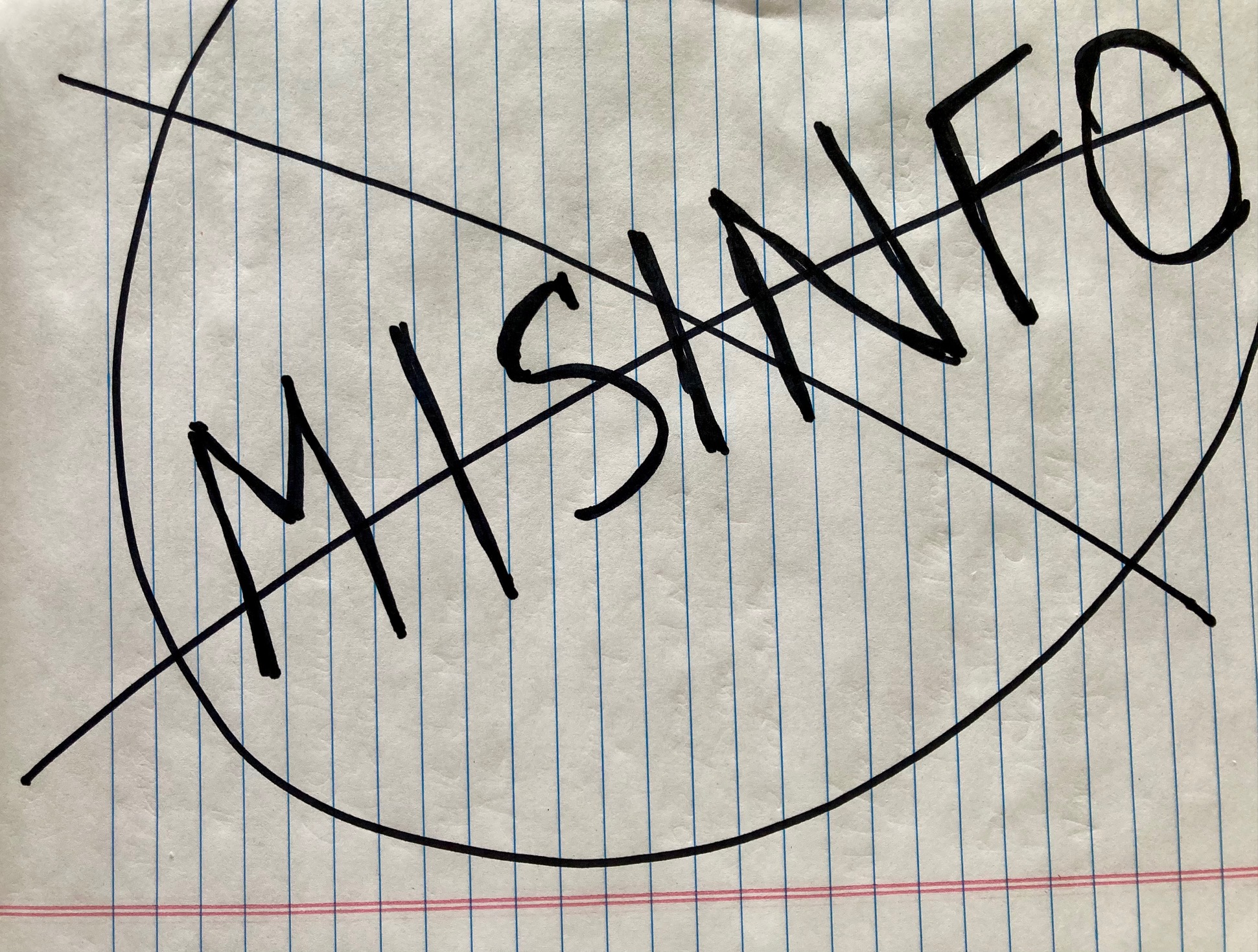
An Ethics Case Study
A contentious presidential election has been followed by a number of controversial measures taken by the new administration. On Facebook and other social media platforms, people are expressing their political views and clashing with friends and followers (and/or strangers who comment on their posts—depending on the privacy settings they’ve selected). A Pew Research Center report published in October 2016, titled “The Political Environment on Social Media,” notes that a majority of internet users “find it stressful to talk politics on social media with people they disagree with politically”: 58% of Republicans and 60% of Democrats answered that way. The report also notes that “many users feel that social media encourages people to say things about politics that they never would say in person.”
In the wake of the election, there has been a lot of talk about the fact that different groups of Americans seem to have been encased in their own geographical, ideological, class-based, or education-related “bubbles,” unable to hear and empathize with other Americans different from themselves. Many commentators have suggested that we have an ethical obligation to reach out and understand those whose experiences and opinions are different from our own. Nonetheless, according to the most recent Pew study, “39% of social media users have taken steps to block another user or minimize the content they see from them because of something related to politics.”
Do we have an ethical duty to unfriend—or not to unfriend—social media contacts with whose political posts we disagree? How might this issue be perceived through the ethical prisms of utilitarianism, rights, justice, virtue, and the common good? For more about these ethical perspectives, please see this article about ethical decision-making and the considerations that we should keep in mind when faced with ethical questions.
(AP Photo/Ben Margot)



